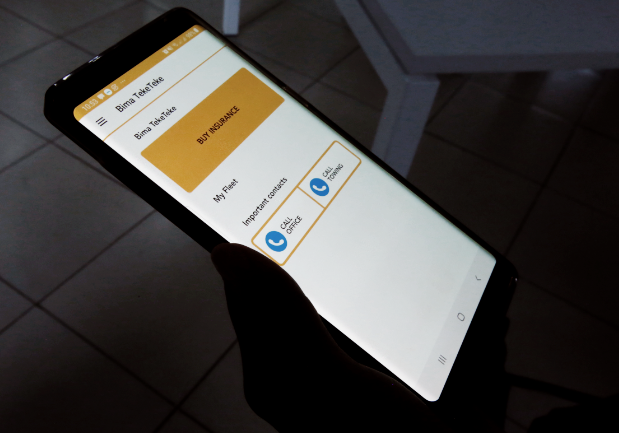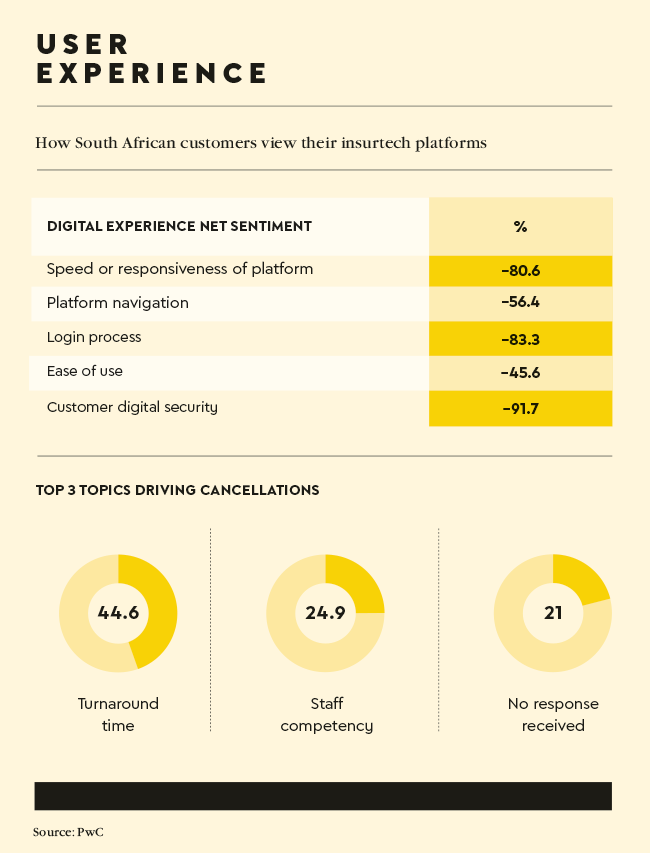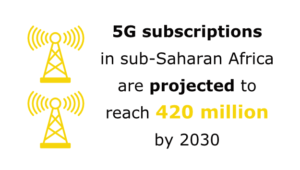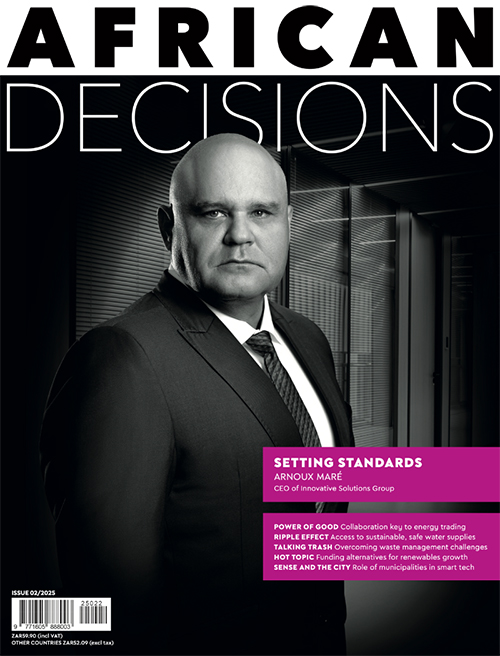Few people appreciate the value of insurance until they need it. Zunaid Miya, MD of South African fintech firm Hello Pay, says that recent disasters in the country – from the looting in KwaZulu-Natal in July 2021 to the catastrophic floods in the same province in April 2022 – produced sad accounts of business owners having to ‘close shop because they were either under- or uninsured’.
According to Miya, businesses operating in informal sectors are most likely to fall into this category, with about 67% of South Africa’s township-based businesses being uninsured, and a further 15% being uninsurable by traditional measures.
At a broader level, Africans across the continent are woefully under-insured. The African Insurance Organisation’s 2020 Pulse report puts Africa’s overall insurance penetration (insurance premiums over GDP) at just 2.78% – far below the global average of 7.23%.
What’s more, according to the Policy Centre for the New South, fully 83% of the continent’s insurance premiums are concentrated in just seven markets – South Africa, Kenya, Egypt, Nigeria, Algeria, Namibia and Tunisia.
Why? Why, when a sudden event could wipe out one’s livelihood, are we as Africans so bad at investing in insurance cover? Miya says that part of the reason – at least in the small-business community – is that insurance is expensive, inaccessible and difficult to qualify for. ‘The added monthly expense of insurance cover is also a deterrent,’ he adds. ‘Many business owners are under the misconception that they can’t afford an insurance product or will select an insurance product that is inadequate for their needs as a cost-cutting mechanism, with serious consequences.’
But this is not only a small-business problem. For every struggling spaza shop owner, there’s a consumer who’s cancelling insurance policies in a bid to balance the household budget. For every SME, there’s a large corporate that sees insurance premiums as an expensive grudge purchase.
Therein lies the opportunity for growth. With more than 97% of the continent uninsured, there’s a huge market available. In 2017 James Norman, then KPMG’s head of insurance for East Africa, described Africa’s insurance market as a sleeping giant. ‘There’s a real buzz about the sector because opportunities are immense,’ he told Business Insider. ‘There’s a young population, a growing middle class – most owning smartphones – and an increasingly large diaspora coming back.’
Since then, insurance technology (insurtech) has matured from its initial role as an industry disruptor. As Louw Hopley, founder and CEO of insurtech platform Root, recently told IT Online, ‘insurtech has matured beyond its initial glitz and is coming into its own as a solid foundation that traditional insurers can build on, to do things better. In 2023, insurtech will settle into the critical role of supporting – rather than replacing – incumbents’.
That presents an opportunity for deeper innovation. In Deloitte’s 2023 Insurance Outlook, insurance sector advisory leader Andrew Warren and insurance sector audit leader Gerdus Dixon write that ‘this is no time for [insurance] carriers to be satisfied with the adaptations they’ve had to make. Instead, they should be building on the momentum they’ve achieved to maintain an ongoing culture of innovation while making customer-centricity the focal point of the industry’s standard operating model’.
Deloitte’s research suggests a handful of operational shifts required from insurers – chief among them being fully realising the benefits of infrastructure and technological upgrades; and broadening their historical focus from risk and cost reduction to prioritising greater levels of experimentation and innovation.
In practical terms, this looks a lot like Hello Pay’s Hello Protect business insurance cover, which is available through the Hello Paisa mobile banking app from just ZAR60 a month. ‘The [cover] is underwritten by Santam and includes Sasria, meaning customers will be covered in the event of civil commotion, public disorder, strikes, riots, and terrorism, many of which impact the migrant and informal markets,’ says Miya.
It also looks like Naked Insurance, a digital-only South African insurer that uses AI to tighten operational efficiencies and improve the customer experience. Speaking at the 2020 ITWeb Business Intelligence Summit, co-founder Ernest North explained that while most insurers base their risk assessment and pay-out decisions on 20 to 30 data points, Naked uses thousands of data points, gathered from standard questions and from the customer’s behaviour when interacting with the mobile app.
‘We look at how long they take to answer the question, whether there is hesitation, whether they go back and make changes to simple, routine answers and so on,’ he said. ‘We even gather data on how they use the app, whether they swipe up and down or side-to-side. There is no right or wrong way to do things. There is also no particular way of answering that is better than any other. Basically, if you exhibit behaviour that is similar to the 99% of our customers who are honest, it means we can lower your premium; and when you claim, we can rush through your approval. It also means we are better at picking up the 1% of customers that are fraudulent.’

Elsewhere, African insurtech aYo Holdings recently partnered with telecoms provider Clickatell to launch a WhatsApp channel in its African markets. The chat channel enables aYo customers to submit documents via the messaging app as part of the claims process. Over and above the convenience, this allows for significant cost savings – as Werner Lindemann, Clickatell’s commercial senior VP for Middle East and Southern Africa, explains.
‘At present, it will cost the average insurer ZAR20 to ZAR25 to service a client or broker via their call centre,’ he says. ‘While this is substantially better than a branch engagement, which can reach up to ZAR100, using Chat to optimise and automate the engagement can drop this cost to around ZAR4 per engagement.
‘That means insurers can deliver successful customer engagement over channels like WhatsApp five times cheaper than a call centre and 25 times cheaper than if a client walks into a store or branch.’
Little wonder, then, that so much investment attention is being directed towards the insurance space. There’s an opportunity here. In February 2023 Naked raised US$17 million in a Series B funding round, after having received ZAR160 million in a 2021 funding round.
Also in February, South African cell captive insurance provider Guardrisk (a subsidiary of Momentum Metropolitan) announced that it was looking for insurtech start-ups to back via its ZAR50 million LAUNCHPAD initiative.
During the announcement, Xolani Nxanga, Guardrisk’s managing executive for microinsurance, summed up the mood in the industry. ‘The digital economy and the business landscape of today is constantly changing, making it essential for organisations in a fast-paced and competitive sector like insurance to evolve to stay relevant,’ he said. ‘Technology – and insurtech solutions, in particular – increasingly provide the ability to transform one’s business and address client challenges.’
By Mark van Dijk
Images: Gallo/Getty Images
The majority of township-based businesses are uninsured, presenting an enormous opportunity for solutions that cater to the informal market


















